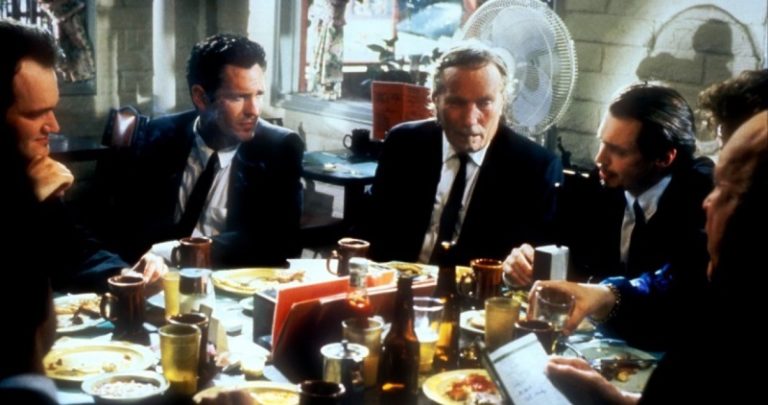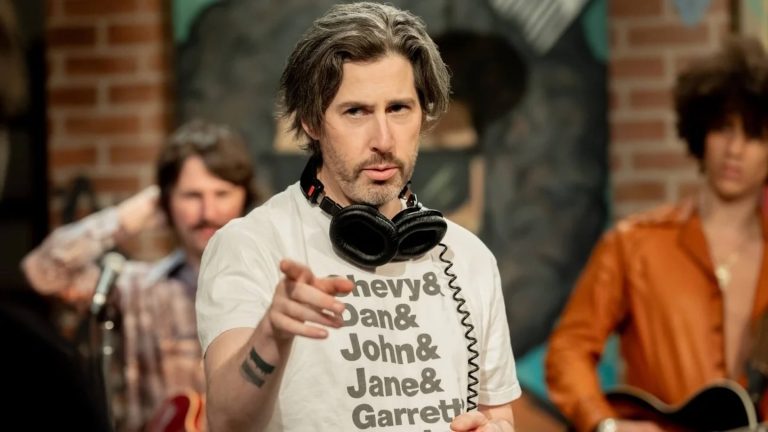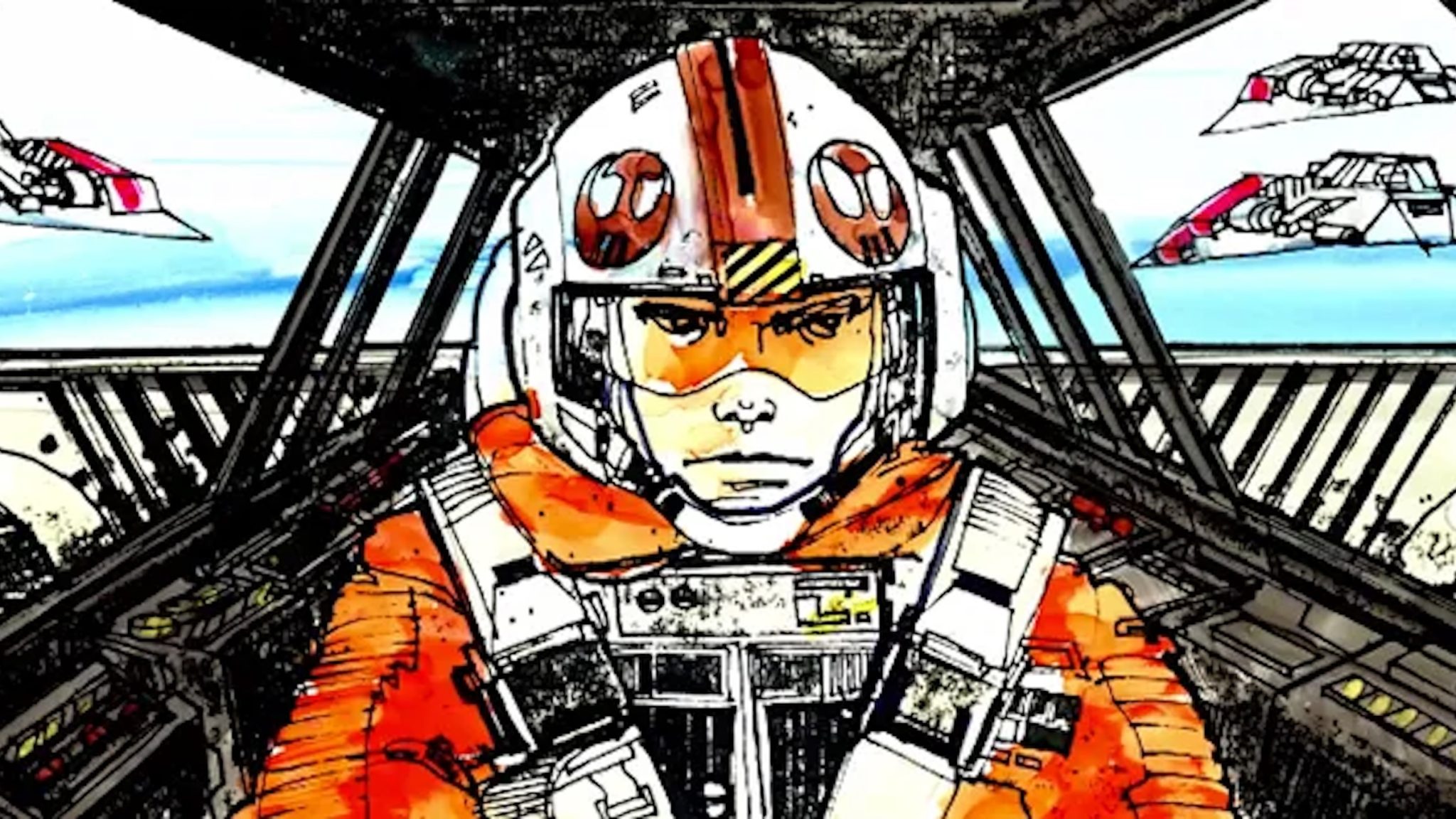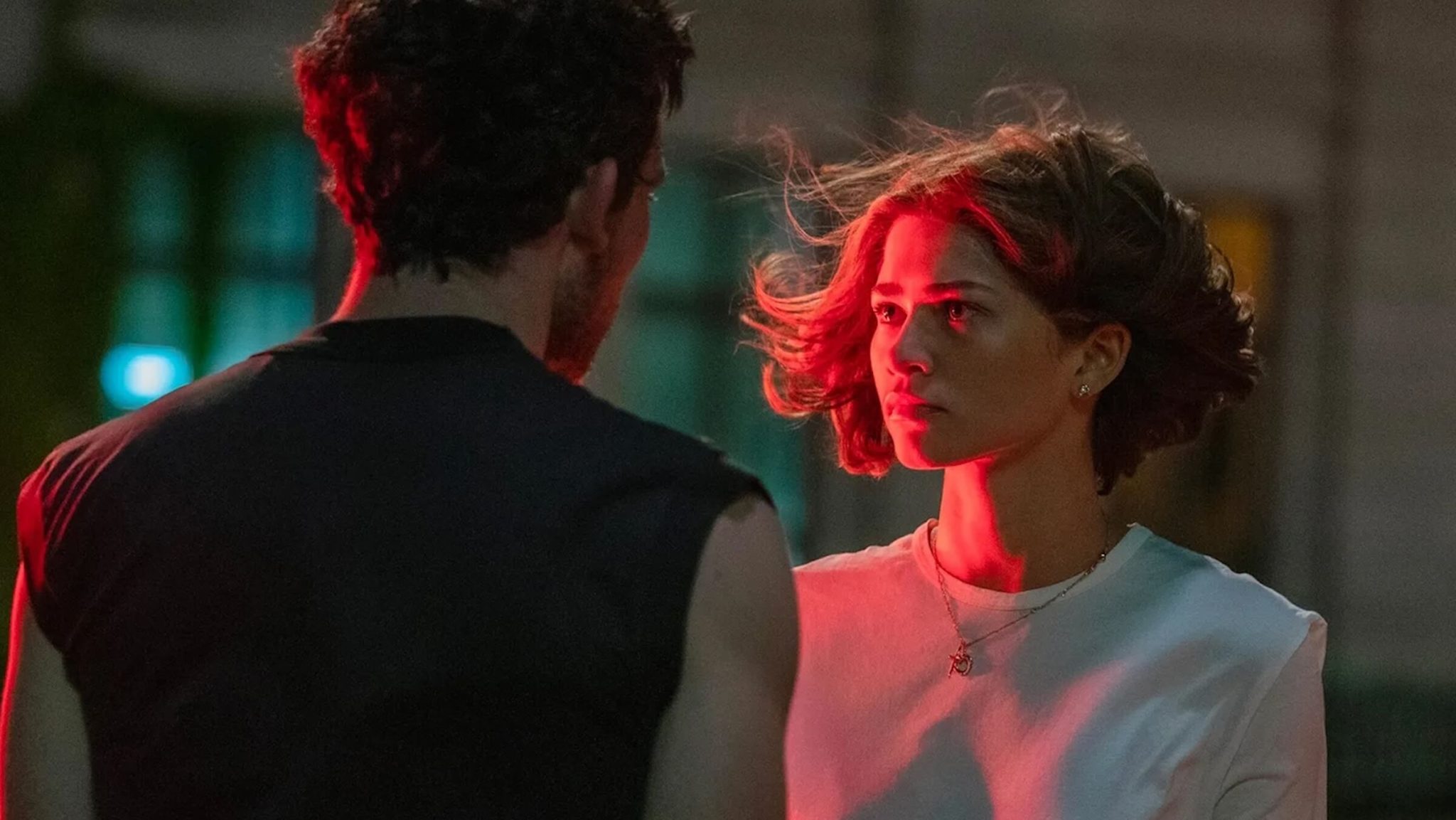The Difference Between Necessary and Unnecessary Dialogue in Screenplays

Let’s talk about talk.
Specifically, idle talk — also known as chit-chat, chewing the fat, shooting the shit, etc. Stop me if you’ve heard this one: Your characters are on their first date — maybe meeting up for drinks — and naturally you don’t want to start the scene too bluntly. You don’t want to just jump right into them exchanging the biographical stuff, sharing their dating histories, or getting all deep and romantic. You want to show them just having a nice, light, natural conversation about… what? What the hell do they talk about? It could be anything, right?
Well, yes — and no.
Which is to say that it could be anything, but it shouldn’t be just anything. A seemingly idle conversation has the potential to advance your plot, reveal your characters, or illustrate your theme, and in a perfect world it does all of those things while successfully disguising itself as ordinary chatter. We’re not saying it needs to do all of those things, but it should do at least one of them. Or to put it another way: If you have an opportunity to do one or more of those things with your date chit-chat, why would you pass it up?
Let’s turn to who is arguably the godfather of modern cinematic chit-chat, Quentin Tarantino, who achieved instant immortality with the legendary opening scene of Reservoir Dogs, wherein a bunch of gangsters gleefully converse over breakfast, covering everything from a debate over tipping to an extensive analysis of Madonna lyrics. Enjoyably raunchy, to be sure, but it’s just nine minutes of ultimately irrelevant comic banter, right?
Wrong.
Here is just some of the ground this “irrelevant” scene covers — aside from the obvious tasks of introducing us to the individuals in this crew, setting the darkly funny tone, humanizing and an otherwise rather detestable bunch, and so on.
Opening Scene Dialogue
- Mr. Pink refuses to tip, provoking an extensive debate among them all about the pros and cons of tipping. The others disagree with him, but he makes such a convincing argument that the others consider it. Mr. Orange even demands his dollar back. He stands his ground until, after Joe insists, he makes an exception and gives in.
- Mr. Brown goes into a lengthy, articulate, and reasonable interpretation of "Like a Virgin” that gets the rest of the gang to see the song in a whole new light.
- Mr. White gets so fed up with Joe’s muttering over his little black book that he snatches it away from him. Joe gets irate and demands that White give the book back, which he eventually does, but not before Mr. Blonde wisecracks, “Hey Joe, want me to shoot this guy?”
Totally arbitrary stuff, right? Except that when we watch the rest of the movie for the ninetieth time and consider the scene in context of what follows it.
Later Reveals
- Once back at the warehouse after the bungled caper, Mr. Pink refuses to relax, certain that the mess was due to a rat among them. The others disagree, but he makes such a convincing argument that they come around to suspecting he's right — which he is.
- Mr. Orange turns out to not only be the rat, but a “virgin” as well, on multiple levels, in the sense that it is Freddy’s first undercover assignment and “Orange’s” first caper. And after Mr. Pink expresses his certainty that there’s a rat in the gang, everyone starts to consider the whole caper — particularly the “virgin” among them — in a whole new light.
- Tension once again builds to a fever pitch between Joe and Mr. White over Joe’s determination that Orange is the rat — and White is additionally furious at Joe for hiring Mr. Blonde, who started shooting civilians during the robbery — that is only resolved by Mr. White shooting Joe dead, which results in his own shooting death.
See the pattern here? Granted, it’s not a consistent, precise, X foreshadows Y equation throughout, but the point is, when studied in the context of the whole script, suddenly almost nothing in the opening scene seems arbitrary. And sure, some of it might actually be; but what the scene quite clearly isn’t is Tarantino simply saying “Okay, I need to open with five minutes of funny bullshit over breakfast so we get to know the guys” and tossing the whole thing off with a bunch of random nonsense. He made very distinct, strong decisions about what they would be talking about, and who would say what, and why. He made choices about foreshadowing, about character revelation, and about his theme.
Now compare this with, say, the obligatory Star Wars debates and quotes in practically every Kevin Smith movie. I haven’t seen anywhere near all of Kevin Smith’s movies, but the ones I have seen all manage to squeeze into various nooks and crannies an exchange, monologue or even just a brief quote that announces to us all that yes, indeed, his characters love talking, referencing and debating Star Wars. But to what end? Do these allusions foreshadow anything? Reveal character substantially? Advance the story (to the extent his movies have stories)? Illustrate the theme?
Kevin Smith sprinkles these Star Wars references throughout his movies for the simple reason that Kevin Smith wants everyone to know how much he loves Star Wars, loves sharing his views on Star Wars, and knows that the particular demographic he’s aiming at — i.e. guys like him — tends to go crazy over any Star Wars references. So it’s a handy go-to for filler. An easy laugh from the peanut gallery. And sure, some of the quotes are amusing, and some of the debates might be entertaining to listen in on, but they never fail to take me out of the movie, because suddenly, all I hear is Kevin Smith speaking in his own Star Wars fanboy voice, instead of the characters.
It’s too simplistic and reductive to say that one is “better” than the other. It’s that one — Kevin Smith — is content to fall back on pop culture references as a means of filling the white space and the other — Quentin Tarantino — showcases that every decision matters and should be in service of the overall vision, because if it isn’t, then what the hell is it doing there?
So to return to your hypothetical “first date” scene: What should they be talking about? Anything. Anything at all. As long as behind it all, there’s a good, strong why they’re talking about it.
Read More: How Visuals Let Keanu Reeves Say Only 380 Words in 'John Wick Chapter 4'
Ashley Scott Meyers is a screenwriter and podcaster over at SellingYourScreenplay.com. He has sold and optioned dozens of scripts over the last two decades. Through SYS he runs a screenplay analysis service, provides paid job leads to screenwriters, and helps screenwriters connect with producers who are looking for material.
Tags
Get Our Screenwriting Newsletter!
Get weekly writing inspiration delivered to your inbox - including industry news, popular articles, and more!



























